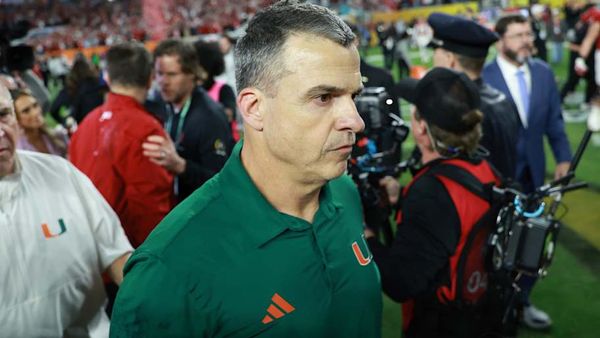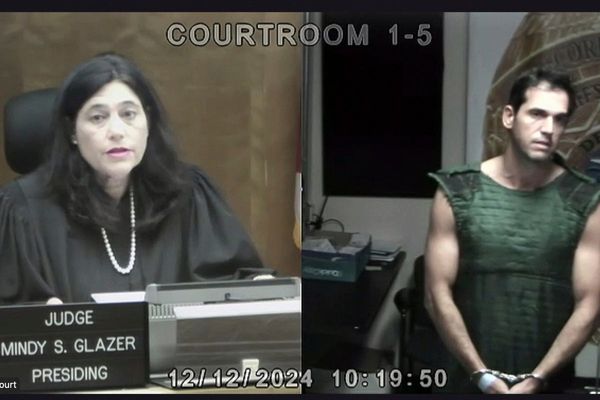Three in four family doctors say they are burnt-out, and most practice owners fear they will close their surgeries due to mounting costs, a survey has found.
GPs have held a "crisis summit" in Canberra to discuss shrinking incomes and fewer people joining the profession.
The president of the Royal Australian College of General Practitioners, Karen Price, said today's pressures on family practices were the worst she had seen in 30 years.
"We know that Australia is in danger of running out of GPs," she said.
A survey of 3,200 GPs — detailed in the college's latest Health of the Nation report — suggests that one-in-four will retire in the next five years.
Taking into account the predicted flow of recruits, the report says Australia will have a shortage of 11,500 family doctors in 10 years' time.
The college says GPs' fees — which are largely funded by Medicare rebates — are at the heart of the crisis.
In July, the Medicare payment for doctors rose 65 cents to $39.75 for a standard consultation of five to 20 minutes.
That increase — 1.6 per cent, well below inflation — continued a trend of more than a decade of the rebate's real value shrinking.
The amount that GPs receive for a typical consultation increased just $6 over 14 years.
However, the new federal government has not yet indicated whether it will significantly increase the payments, and did not pledge to do so before the election.
Bulk-billing yet to collapse, despite funding pressures
The college says many GPs are frustrated by the "moral hazard" posed by the shrinking rebate.
Professor Price said doctors tried not to increase patients' costs, though they sometimes needed to.
Nonetheless, over the past decade, the official bulk-billing rate — the percentage of services for which GPs do not charge — has actually increased, despite what doctors say is a growing payment shortfall.
GPs tend to bulk-bill older people and those with long-term health problems, who make up the majority of patients.
"The government has a social contract with the people of Australia to deliver healthcare," Professor Price said.
"It collects taxes for a Medicare rebate, which belongs to the patient."
She said federal and state governments needed to stop blaming each other and fund a coordinated health system.
Rural and remote areas most affected
The survey responses show non-metropolitan areas are likely to be hardest hit by doctors quitting.
GPs in rural and remote communities are more likely to say they will retire early, but those areas are also less likely to actually have a GP.
Sarah Chalmers — the president of the Australian College of Rural and Remote Medicine — worked in remote parts of the Northern Territory for 15 years and, most recently, on Palm Island in Far North Queensland.
She said many remote Indigenous communities had no healthcare services, let alone a GP.
Instead, people from those areas ultimately ended up in emergency departments, she said.
"We simply do not have enough doctors working in rural and remote Australia," Dr Chalmers said.
"At this point in time, medical students don't see general practice as an attractive career."
However, city practices say they are also suffering from shortages.
Canberra GP Paresh Dawda said all nine doctors at his practice had been working part-time because they were burnt-out.
He said there was too little public funding, and most of the impact was felt by poorer city-dwellers.
"Hidden among affluent demographics are actually very vulnerable cohorts of people," Dr Dawda said.
"The number of people who, I'd say, are living almost on the margins of poverty in cities like Canberra is actually pretty high."
Federal Health Minister Mark Butler said he had established a Medicare taskforce to examine the problems.
He blamed the former government for the cost crisis facing GPs, saying the new government would "clean up the mess".
"After nine long years of cuts and neglect of Medicare, it's never been harder or more expensive to see a doctor than it is now," he told the ABC.
Mr Butler said the government was investing more in attracting healthcare workers to remote and rural areas.







